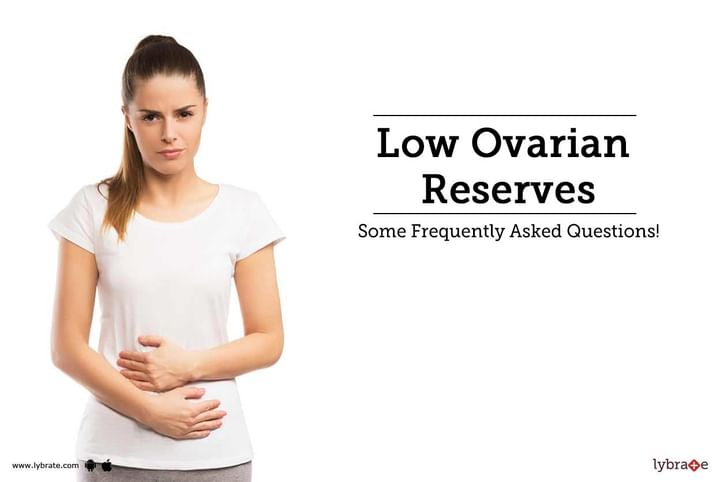Low Ovarian Reserves - Some Frequently Asked Questions!
Women are born with a finite number of eggs in their ovaries and they reside as follicles. Pituitary gland triggers the Follicle Stimulating Hormone that helps the follicles to mature into eggs. These eggs fertilize in contact with sperm and form an embryo. Irrespective of the number of eggs, there is a very slim chance of fertilization of eggs. This brings us to some common misconceptions of poor ovarian reserve.
Women Lose Ovarian Eggs Only After Puberty -
Women do lose eggs by menstruation, i.e. after puberty. But that is not the only reason for the loss of eggs. Females are born with more than a million eggs in their ovaries. However, they start losing eggs from day one. Each month a female loses about 11000 eggs from her ovaries. This goes on till she reaches puberty. After attaining puberty, the rate of loss of eggs comes down to about 1000 every month. This shows that the rate of loss of eggs is more before puberty than after puberty.
Women Lose Just One Egg Each Month -
The general concept of fertility dictates that since one egg is fertilized by one sperm, a woman loses only one egg per month if she does not get pregnant. However, this is further from the truth. It is true that only one egg is needed for becoming pregnant. However, that lucky egg is just one in a sea of eggs which jostle with each other for meeting the sperm. So even if the woman becomes pregnant, she loses a number of eggs that could not get fertilized.
All Eggs in a Woman’s Ovary are Mature -
This is a misconception that even many otherwise knowledgeable people nurtures. Maturation of eggs is a process that goes on every month in the ovaries and is triggered by the Follicle Stimulating Hormone. Although the follicles in the ovaries release about 1000 eggs at a time each month to attain maturity and become capable for ovulation, only the most dominant of them matures and becomes capable of ovulation and fertilization. So only a very few of the eggs in the ovaries of a woman out of thousands of eggs.
Women Older Than 35 Cannot Become Pregnant Due to Poor Ovarian Reserve -
Women do undergo a reduction in the number of eggs in their ovaries as they age. By the time one reaches the age of 35, the number of eggs does diminish to a considerable extent. However, this does not mean that women cannot get pregnant at this age. In fact, there are many women who conceive after 35. The fact that only one egg attains maturity even if there are millions of them lends credence to the fact that women with poor ovarian reserve also stand a chance.



+1.svg)
